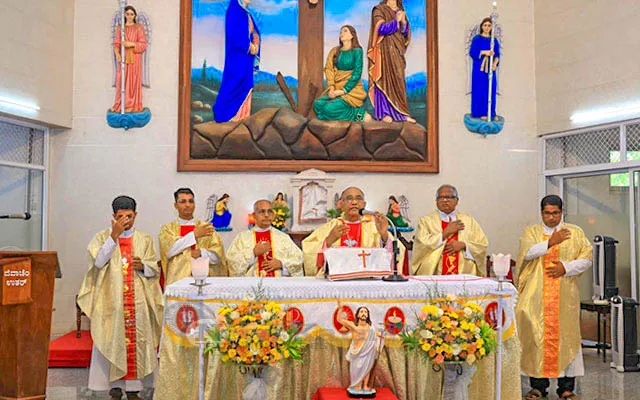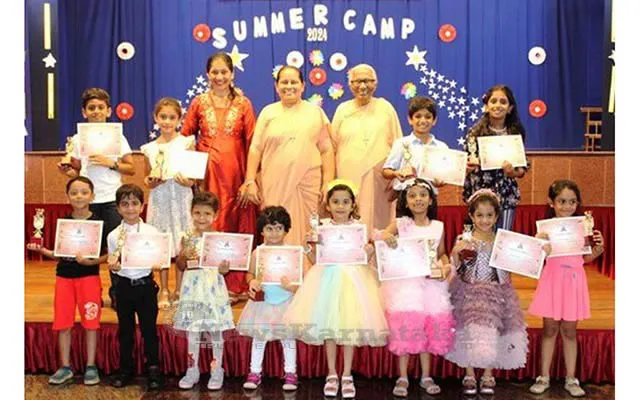Zurich: Malaria kills somewhere between 15000 and 100000 people a year in India. The Nobel Prize for Medicine this year has been shared between three scientists, one of whom is Chinese, 84-year-old Tu Youyou, and has never worked abroad. A report by the WHO-UNICEF last month, said that India is third among 15 countries having the highest cases of malaria and deaths due to the disease.

It further adds that India is among countries which lag (32%) in decreasing malaria incidences (from 2000 to 2015) in comparison to the rest of the world even as malaria deaths have fallen 60% across the world from 8.39 lakh in 2000 to 4.38 lakh in 2015. In 2015 alone, there were an estimated 214 million new cases of malaria, and approximately 4.38 lakh died of the disease. About 3.2 billion people, almost half the world’s population, are at risk from the disease.
The Nobel Prize for Medicine awarded to 84-year-old Tu Youyou for her discovery of a viable way to extract artemisinin, the top-line treatment for malaria. Tu doesn’t have degrees from storied American, or other universities in the West. She was trained in medicine in Maoist China and spent another two years studying ancient Chinese herbs and medicine. She was among a generation of scientists trained in the years China shut itself out from the rest of the world. While chloroquine and quinone were the only defences against malaria during the 1950s, Tu embarked on a quest to scour old Chinese medical texts to find new cures to malaria, which raged in China too, in the middle of the century.
The current dispensation in New Delhi will be pleased with the development, as they vouch for the fact that traditional knowledge systems of medicine are a trove of unmapped knowledge. Since the advent of the BJP-led National Democratic Alliance, a host of politicians from Narendra Modi, Manohar Parrikar and culture minister, Mahesh Sharma, have liberally dredged Indian mythology to argue for the existence of missiles, genetics and airplanes during India’s Vedic period.
According to the Nobel Prize Foundation:
“Youyou Tu turned to traditional herbal medicine to tackle the challenge of developing novel Malaria therapies. From a large-scale screen of herbal remedies in Malaria-infected animals, an extract from the plant Artemisia annua emerged as an interesting candidate. However, the results were inconsistent, so Tu revisited the ancient literature and discovered clues that guided her in her quest to successfully extract the active component from Artemisia annua. Tu was the first to show that this component, later called Artemisinin, was highly effective against the Malaria parasite, both in infected animals and in humans. Artemisinin represents a new class of antimalarial agents that rapidly kill the Malaria parasites at an early stage of their development, which explains its unprecedented potency in the treatment of severe Malaria.
India too has a Traditional Knowledge Database Library that is run by the Council of Scientific and Industrial Research, the largest chain of publicly-funded laboratories in India. The TKDL lists troves of herbs, plants and medical formulations mentioned in Ayurveda and Unani systems of medicine and, in the last decade, has been used to challenge multinational drug companies who’ve tried to patent formulations based on neem and turmeric”.
It’s only in the last five years that Indian scientists have explicitly embarked on a project to use contemporary investigational methods to find, at a core molecular level, whether certain Ayurvedic formulations are indeed resonant with modern medicine.
Tu’s Nobel Prize, which will undoubtedly galvanize Chinese science and has long been derided as unable to produce ‘Nobel quality work,’ will spread its fervour across Arunachal Pradesh and Tibet.
Two others share Nobel prize for Medicine
Along with Tu, Irish-born William Campbell and Japan’s Satoshi Omura won the other half of the prize for discovering avermectin, a derivative of which has been used to treat hundreds of millions of people with river blindness and lymphatic filariasis, or elephantiasis. The Avermectin-derivative Ivermectin is used in all parts of the world that are plagued by parasitic diseases.
Ivermectin is highly effective against a range of parasites, has limited side effects and is freely available across the globe. The importance of Ivermectin for improving the health and well being of millions of individuals with River Blindness and Lymphatic Filariasis, primarily in the poorest regions of the world, is immeasurable.
Treatment is so successful that these diseases are on the verge of eradication, which would be a major feat in the medical history of humankind.
















